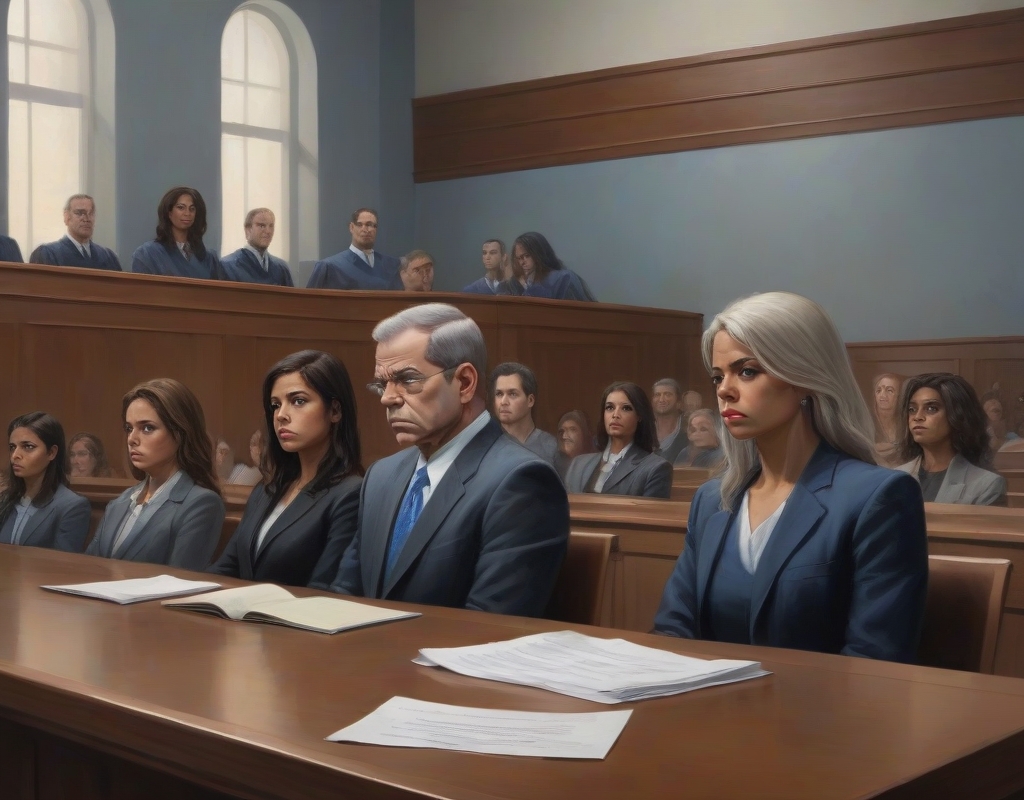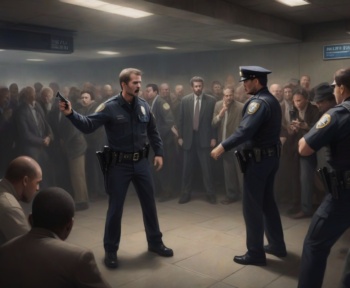Hazel Thornton, a juror from the initial trial of the Menendez brothers, recently shed light on how sexism and homophobia influenced the jury’s decision-making process. Thornton, who participated in the trial, disclosed how these prejudices significantly affected the verdict reached by the jury.
According to Thornton, the jurors entered the deliberations with existing biases related to gender and sexual orientation, which colored their judgment despite the compelling evidence. This biased approach, Thornton believes, contributed to a flawed verdict, one that is widely regarded as unjust.
The impact of these biases is especially significant considering the context of the Menendez brothers’ trial, which became a media sensation and one of the most followed legal dramas in U.S. history. Thornton’s revelations underscore the disturbing influence of homophobia and sexism in what should have been an impartial setting, thus highlighting the crucial need for better awareness and training on these issues.
This issue touches on the broader concerns about the fairness and integrity of the legal system. Thornton’s account raises critical questions regarding whether justice can truly be achieved if jurors’ decisions are swayed by personal prejudices. Her candid testimony highlights the enduring challenges of ensuring equality and fairness in legal proceedings.
In light of ongoing societal struggles with prejudice, Thornton’s decision to come forward marks an important step in addressing these deep-seated issues. Her experience and willingness to speak out serves as a reminder and a rallying call for the necessity to confront and rectify the biases that jeopardize the principles of justice.
While the full impact of sexism and homophobia on the Menendez brothers’ trial might remain partly obscured, Thornton’s account offers a crucial perspective on the complications and ongoing efforts to secure justice and equality within the justice system.




